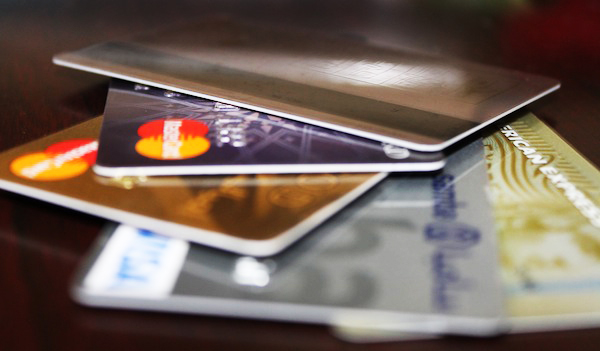News
Card payments soared before coronavirus pandemic

There was a surge in card and contactless payments even before the coronavirus outbreak, figures show.
Cash use has rapidly declined during the pandemic as customers and businesses opt for digital payment methods to avoid handling notes.
However, the trend started well before Covid-19 hit, banks say.
More than half (51%) of all payments were made by card last year, the first time ever they accounted for the majority of payments, according to trade body, UK Finance.
Debit cards were the most popular method with 17 billion payments, of which seven billion were contactless.
Credit card use rose by 7 per cent to 3.3 billion payments, with 1.3 billion credit card payments made via contactless.

Wellness and wellbeing holidays: Travel insurance is essential for your peace of mind
Out of the pandemic lockdowns, there’s a greater emphasis on wellbeing and wellness, with
Sponsored by Post Office
Cash payments continued to decline last year, falling by 15% to 9.3 billion payments, although cash was still the second most popular payment method in the UK after debit card.
Meanwhile, use of remote banking increased across all age groups.
Over four-fifths of adults used either online banking, mobile banking or telephone banking in 2019 compared to three-fifths of the adult population in 2009.
2019 was the first year consumers made over a billion remote banking payments.
Despite the increase in card use, many people still rely on cash, especially vulnerable people.
Earlier this week consumer group Which? called on the government to introduce legislation to protect the UK’s fragile cash system.
Stephen Jones, chief executive of UK Finance, said: “An increase in ways to pay coupled with the change in people’s payment habits may have inadvertently gone some way to prepare the nation for the impact of Covid-19 on their daily lives.
“With consumers already using contactless payments and remote banking more than in previous years, these technological advances have allowed many people to shop and make payments safely from home or in store.
“The impact of Covid-19 may accelerate these habits for many customers; however, we are fully aware that not all customers are digitally-enabled which is why we are working flat out to ensure people have access to cash and everyday banking services remain available to help the country through these difficult times.”